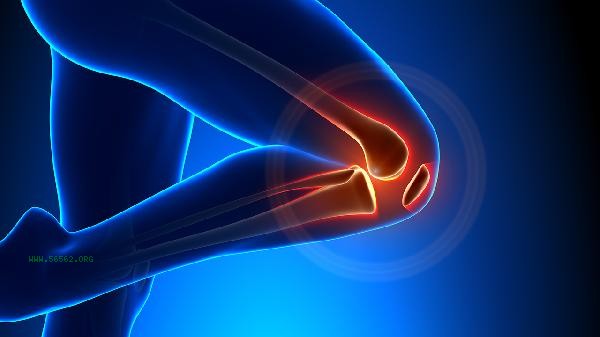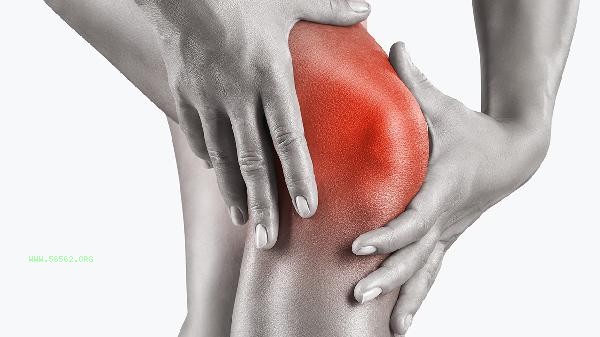Systemic muscle and joint pain may be caused by overwork, viral infections, rheumatoid arthritis, fibromyalgia syndrome, osteoporosis, and other factors. It is recommended to seek medical attention promptly to identify the cause and avoid self medication that delays treatment.

1. Overwork
High intensity exercise or maintaining a fixed posture for a long time may lead to lactate accumulation and muscle strain. Commonly seen among fitness beginners, manual laborers, or sedentary office workers. Proper hot compress and massage combined with sufficient rest can alleviate symptoms, and daily attention should be paid to balancing work and rest.
2. Viral infections
Influenza viruses, dengue viruses, and other infections may trigger systemic inflammatory responses. Often accompanied by systemic symptoms such as fever and fatigue. Commonly used antiviral drugs in clinical practice, such as oseltamivir phosphate capsules and Lianhua Qingwen capsules, should be used under the guidance of a doctor. Rheumatoid arthritis is a chronic inflammatory disease caused by autoimmune abnormalities, commonly characterized by morning stiffness and symmetrical joint swelling and pain. Immunosuppressants such as methotrexate tablets and leflunomide tablets are the main therapeutic drugs, and regular monitoring of liver and kidney function is necessary.
4. Fibromyalgia syndrome
is a widespread pain caused by central nervous system sensitization, often accompanied by sleep disorders and fatigue. Pregabalin capsules, Duloxetine enteric coated tablets, and other drugs can improve symptoms, and the effect is better when combined with cognitive-behavioral therapy.

5. Osteoporosis
Decreased bone mass leads to increased bone fragility, which may cause generalized dull pain. Anti bone resorption drugs such as alendronate sodium tablets and zoledronic acid injection are the basic treatment, and calcium supplements and vitamin D need to be supplemented at the same time.
Daily attention should be paid to maintaining moderate exercise such as swimming, tai chi, and other low impact exercises to avoid intense activities that increase joint burden. Increase the intake of calcium rich dairy products and dark green vegetables in diet, and reduce high salt and high-fat foods. During the onset of pain, hot compress can be used to relieve symptoms, but if it persists for more than a week or is accompanied by redness, swelling, and fever, immediate medical attention is required. Regular bone density testing and rheumatoid factor screening can help detect potential diseases early.










Comments (0)
Leave a Comment
No comments yet
Be the first to share your thoughts!